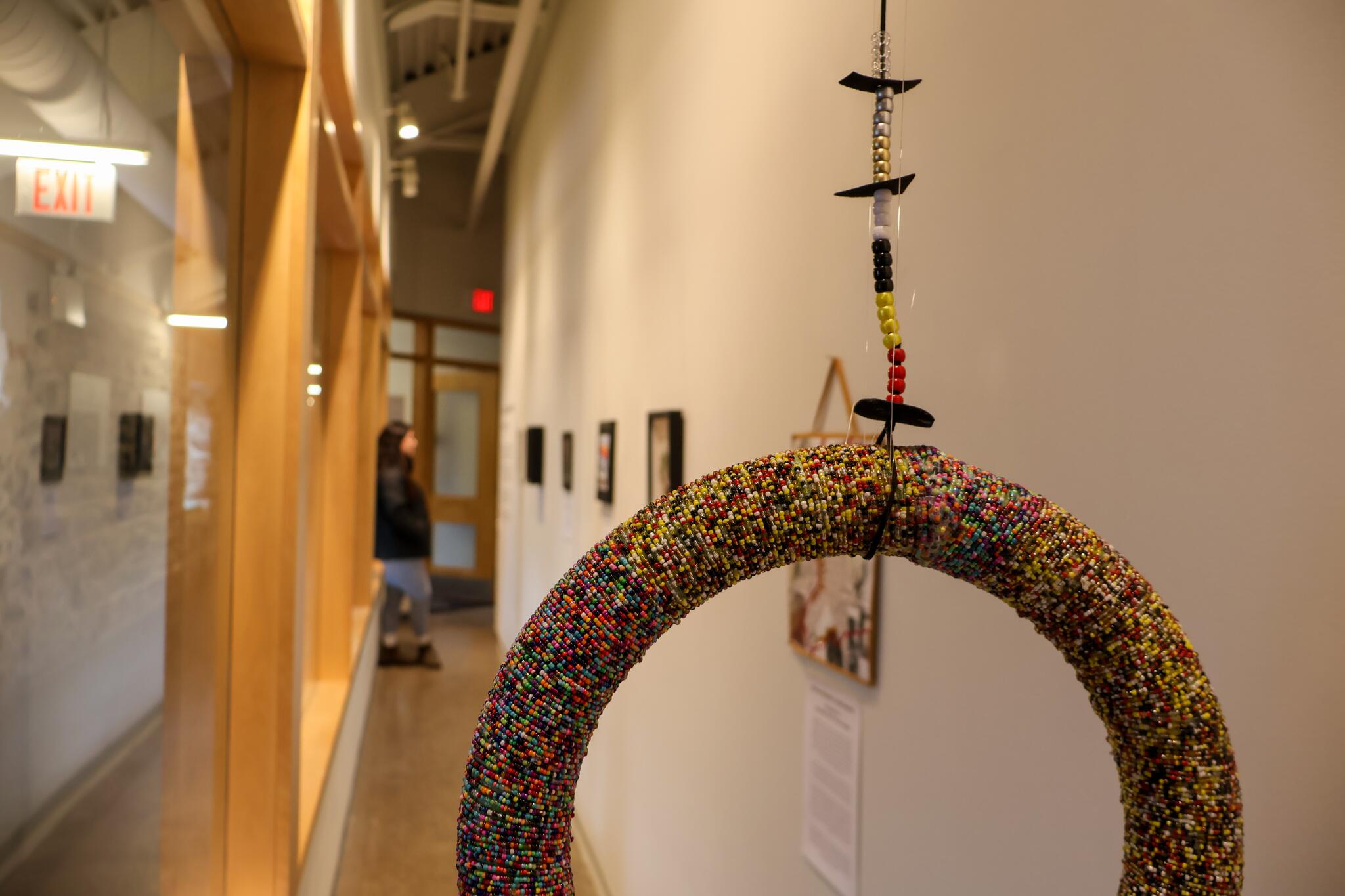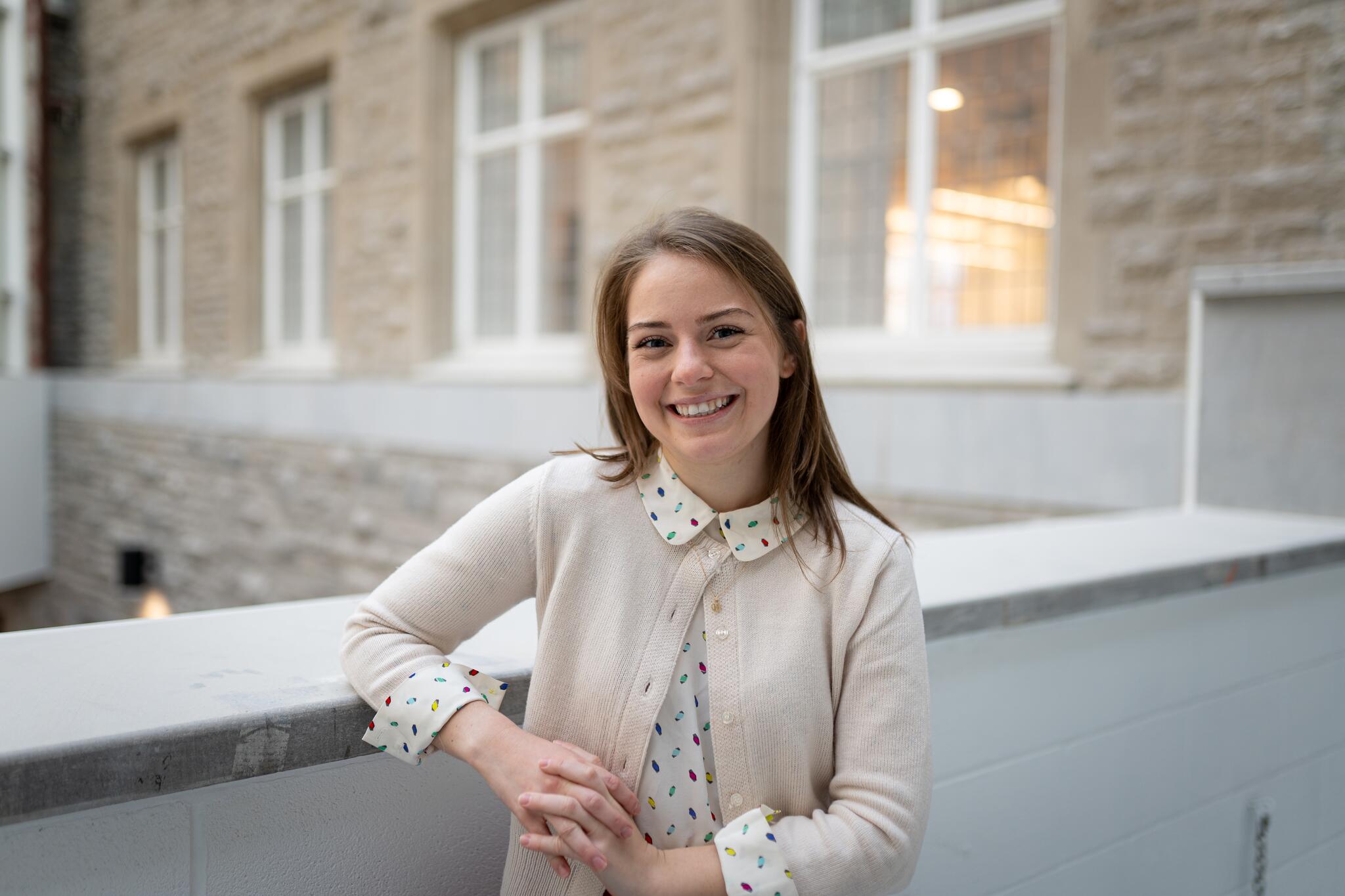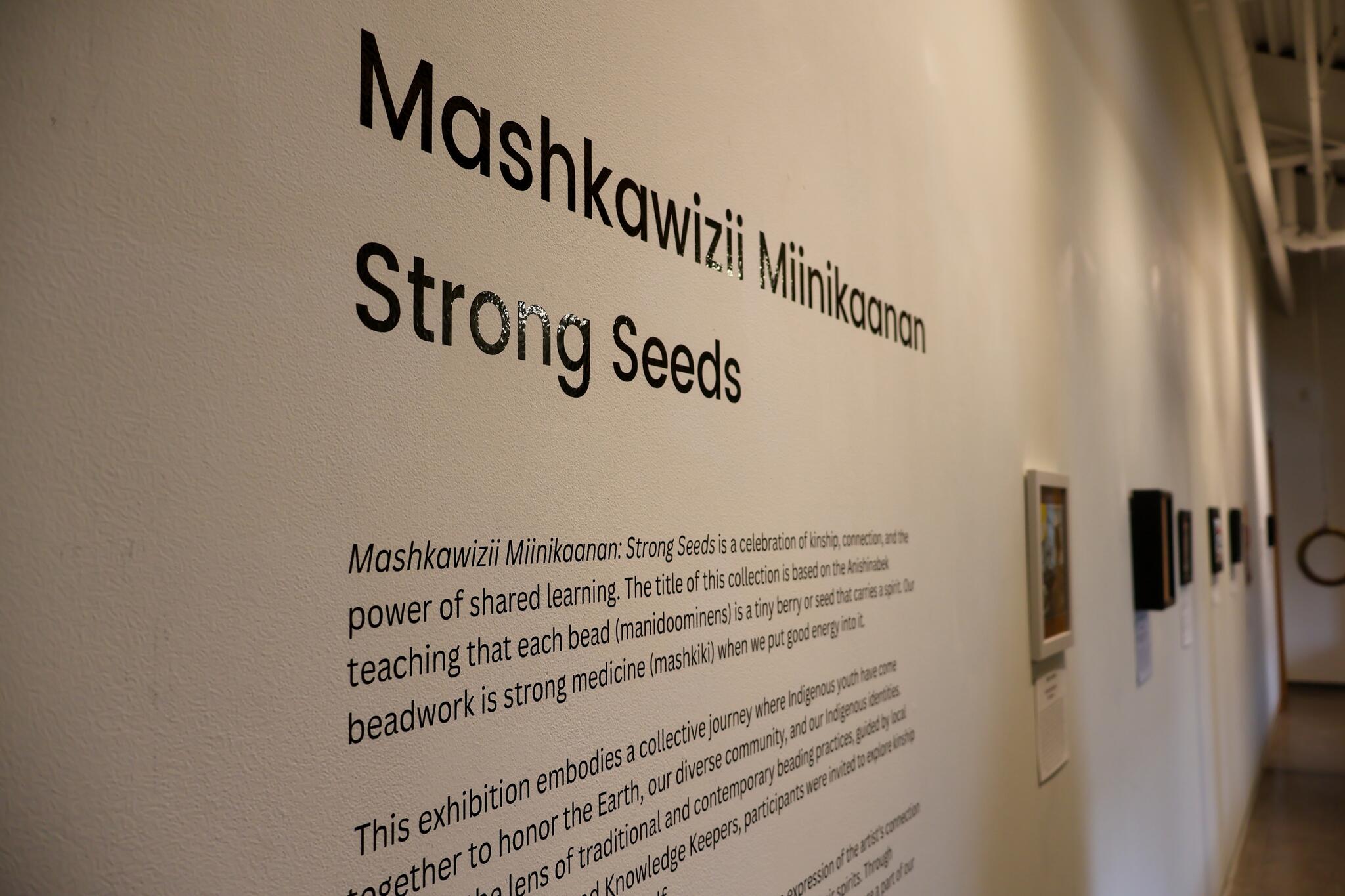Educators understand the profound value of experiential learning—taking educational research into real-world settings. The Centre for Community Engagement and Social Change (CCESC) at Queen’s University, launched in 2024, has already created opportunities that integrate hands-on experience with academic research.

The Centre’s director, Dr. Patty Douglas reflects, “Under Dr. Michelle Searle’s leadership, the scope, quality and creativity of the pilot internship pilot this year has been remarkable. Based on its success, the CCESC is planning to extend and formalize the internship program for graduate students at Queen’s. Students are developing valuable research and community engagement skills in their internships and community partners are coming away with broader insights about their programming.” The internships are a win-win for Queen’s and the community!
This fall, the Centre’s associate director, Dr. Michelle Searle, launched an internship pilot responding to evidence emerging from a Queen’s course, Evaluation as Community Engaged Scholarship. The internship pilot created a cohort of graduate students who are co-learning with community partners for eight months to apply knowledge about research and evaluation. Students support a range of data collection strategies, integrate software into inquiry processes, conduct joint data analysis, and consider how to best mobilize knowledge within communities. Theses internships provide practical learning through collaborations with organizations and school boards.
Michelle provides leadership and guidance to the cohort of interns. The internship allows students, faculty, staff and community partners to deepen relationships as they work towards shared goals. A key component of the pilot is a monthly community of practice where interns gather with Michelle and other mentors from Queen’s and the broader community to share experiences, questions, and build insight and understanding. These gatherings offer interns a structured space for interweaving theoretical learning, practical experiences, reflection and discussion, offering a support network as they navigate projects.
Students were placed with several organizations, including two school boards, Modern Fuel (an artist-run centre), the Dunin-Deshpande Innovation Centre at Queen’s, the School of Medicine, and the City of Kingston. Projects with these partners spanned strategic planning for equity and well-being, utilizing formative feedback to enhance learning, monitoring a new model for inclusive education, public engagement in civic contexts and leveraging the arts for connection. Each internship enhances students' research and evaluation skills while simultaneously providing valuable contributions to address specific needs within partner organizations.
First-year Master of Education (MEd) student and University Rector, Niki Boytchuk-Hale, worked with Modern Fuel for her internship, where she contributed to the evaluation of Mashkawizii Miinikaanan: Strong Seeds Beading Circle. This initiative, a collaboration between the Kingston Native Centre and Languages Nest, Four Directions Indigenous Student Centre, and Modern Fuel, provides Indigenous youth with a space to foster cultural connections and kinship through beading. The beading circle was led by Liv Rondeau, currently working towards her PhD on the history and resurgence of Haudenosaunee raised beadwork and Taylor Tye, a Kingston-based artist and Queen’s BA & BEd graduate, working towards her Master of Education in the World Indigenous Studies in Education (WISE) Program .

The goal of the evaluation was to understand how Mashkawizii Miinikaanan nurtures cultural connections, kinship, and learning for Indigenous youth. Drawing on her background in Fine Arts (BFA ’23) and Education (BEd ’24), as well as a previous internship at the Union Gallery, Niki brought a unique perspective to the internship. In September 2024, she collaborated with director of Modern Fuel, Maddi Andrews to organize and prepare for the evaluation, building on an evaluation plan developed by a group of interdisciplinary students who were taking part in a learning experience hosted as part of the SSHRC funded, Evaluation Capacity Network with guidance from Michelle and Dr. Rebecca Gokiert (University of Alberta). This plan provided Niki with a framework, while allowing her to tailor the evaluation process and objectives.
In October, Niki began attending weekly beading sessions, embedding herself within the community. Her evaluation approach was grounded in relationship and listening. Niki focused on observing and would start each session by simply listening.
As trust developed, Niki began introducing evaluation questions, fostering a space where participants could share their experiences organically. Understanding that some participants might feel hesitant to speak in a group setting, she incorporated surveys to provide an alternative method for reflections and feedback. "I wanted to spend time building relationships with people and making sure they were comfortable before asking any questions," Niki explained.
Niki delivered her final report to Modern Fuel this winter. The report focused on creating a record that honestly and fully reflects the experiences of the facilitators and participants, including the challenges that can sometimes come along with community engaged efforts.
Mashkawizii Miinikaanan concluded with a showcase of the beaders’ work in January, bringing together participants and their families. The event featured a display of the group’s beaded creations.

The internship pilot exemplifies the power of the Centre to lead community-engaged pedagogy as a form of teaching and research synergy, experiential learning and community-engaged research. By bridging academia and community, the internships embrace co-learning to equip graduate students with essential research and evaluation skills while making a tangible impact. As the program continues to evolve, it stands as a testament to the value of partnership, reciprocity, and the transformative potential of collaborative research as well as hands-on education.